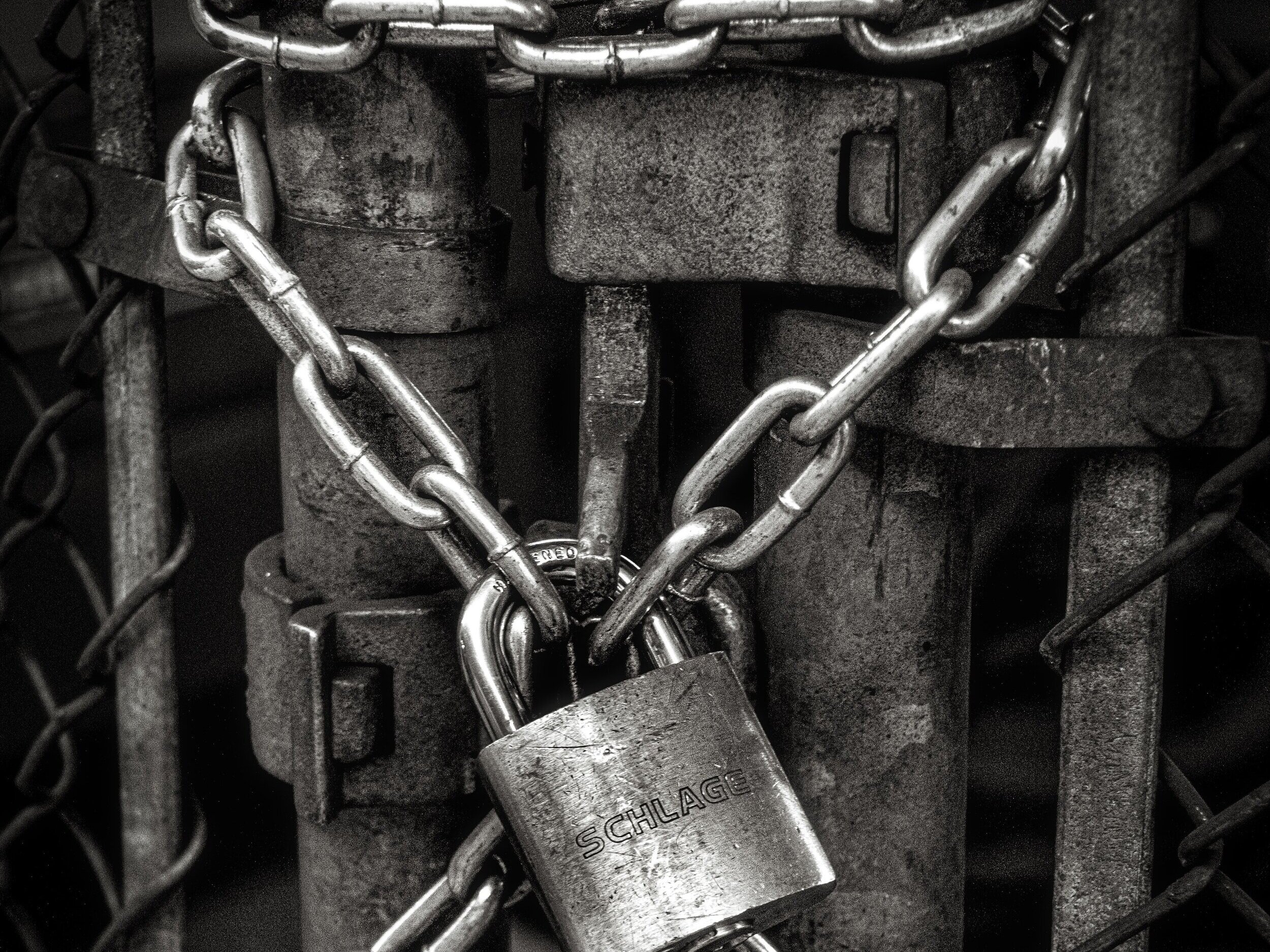How to be More Than the Sum of all Your Parts
Photo by Greg Rakozy on Unsplash
The way you view the world says a lot about you and your experience of life. If someone was to ask you to finish the statement, “The world is ________,” how would you complete it? My answer to this question would change drastically depending on the time in my life that you would ask me. I spent some time thinking about the different periods in my life, and I realized my answer was heavily dependent on what my experience of life was at that time.
As a young child, I would have said that the world was pretty safe. It was comfortable and predictable but also lonely. I didn’t feel like I had many people I could turn to, and as such, the world I lived in was a lonely one.
As I got older and experienced more of the challenges of life, my worldview began to shift to one that was darker. I began to see the world as empty, harsh, and unsafe, to the point where I believed it was out to get you. I didn’t believe there was any source of help or support, so that I couldn’t depend on others. Whatever I needed, I needed to get myself. This belief system caused me to become angry and closed off to others. Emotionally I had to build walls to keep myself safe, locking everyone else out because they were seen as a threat to my safety. My view of the world became all the more lonely and isolated.
Photo by John Salvino on Unsplash
Thankfully by mid-high school, I had been exposed to healthier people and experiences. Even though I still felt pretty isolated, my worldview began to shift. I still saw much of the horrors in the world, but I believed that the broken world was redeemable, that life could somehow get better, not just for me but the world as a whole. In some ways, I thought this was a pretty healthy view of the world as I wasn’t ignorant or in denial about the struggles that exist. I was also able to see that there was more to the world than just suffering. Even so, there was something very unhealthy about it. You see, as my experiences of life got worse (which it did), my worldview got more negative.
Those systems and people that I had believed could redeem the world repeatedly let me down. I experienced a great deal of pain as a direct result of their actions and our beliefs. I wouldn’t have said this to your face initially, but towards the end of this period, I would have told you that the world was harsh, unsafe, critical, unsupportive, and cold. I maintained this view for some time. I still have pieces of it. I don’t believe the world is safe as a whole. I do believe, however, that you can find safe pockets within the world. Sometimes they are harder to find, but they do exist. I believe there is still a great deal of injustice, but people are also working towards improving it. I don’t believe that life is easy. I don’t think it ever was meant to be, but that doesn’t make it any less good. Perhaps it makes it all the more beautiful.
When your worldview is manufactured through your experiences, you can run into one small problem. For most of my life, I didn’t have the awareness to even conceive of this issue. This path of creating a worldview takes responsibility away from you as a person. It gives you the impression that your worldview is a sum total of your experiences of the world. You are no longer responsible for your belief system. You can think that the world is all sun and daisies and discount the worldview of someone who has struggled with poverty their whole life. Likewise, if life has given you a difficult hand, you may think that the world is out to get you, as I once did, and there is nothing you can do. You are simply a victim of an unfair world. Those in this situation are not likely to do anything about it because they can’t see that they have a responsibility to and for themselves.
I’m not going to tell you what a healthy worldview is because I don’t know, honestly. I am still in the process of discovering that. What I have figured out is that we are not the sum total of everything that has happened to us. We are the sum total of our response to what has happened to us. This is not to say that our experiences don’t shape us. They do. Our experiences shape us in dramatic ways, but they don’t determine our shape. We determine our shape by how we react to our experiences.
Why should you care about something as abstract as your worldview? It’s because the way you view the world will determine how you feel and behave in the world. As such, you hold responsibility for your little section of our world. However, this responsibility becomes even more potent when a worldview becomes a collective belief system amongst a group of people. After the events of 9/11, the majority of American people’s worldview of “the safe America” crumbled. To feel safe and avoid getting hurt again, they had to be on the offensive side and thus announced the ‘War on Terror.’ This drastically impacted the world, not just one individual’s little corner.
This doesn’t mean that feelings of an unsafe world are unacceptable. Feelings are real, even if they don’t reflect reality. For example, I can feel like there is no one out there that cares for me, but that doesn’t necessarily reflect my reality.
Photo by Vladislav Babienko on Unsplash
This brings me to an important distinction I need to make, and perhaps this is the key to the whole thing. The way one feels about the world is not the same as their view of the world. They can go hand in hand, but that doesn’t mean they always do. A feeling may precede a view, but having a feeling doesn’t determine a view. Feelings change, often rapidly. Views, however, tend to be more gradual. This is a good thing. It means we have time to process our feelings before they become built-in ways of thinking. As such, we are responsible for what we do with our experiences, our feelings that accompany them, and how we let them integrate into our belief system. We choose the path we take. As such, we have the power to impact the world, and it’s in your control how you impact it. How will you choose to respond to the experiences you go through?
Photo by Priscilla Gyamfi on Unsplash




